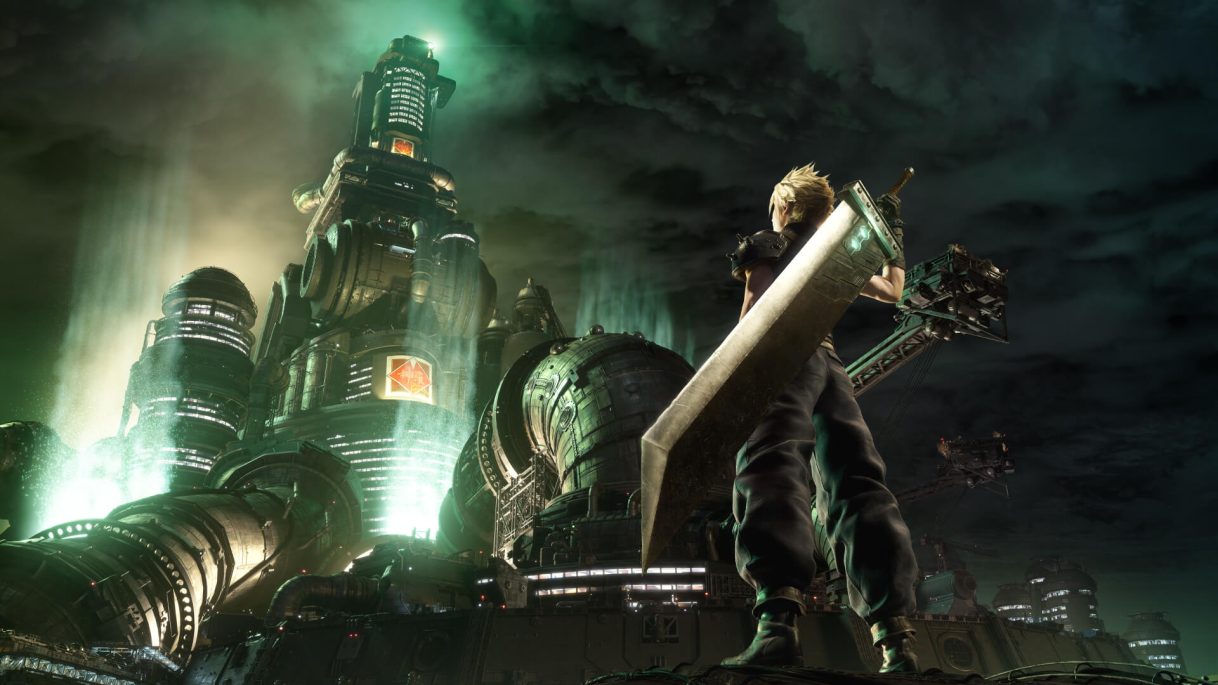Views: 60
When Final Fantasy VII launched in 1997, it didn’t just reshape the JRPG genre—it changed the gaming landscape forever. From its sweeping cinematic storytelling to its unforgettable characters and emotional gut-punches, the original PlayStation classic became a cultural touchstone. And for decades, fans dreamed of revisiting that journey with modern graphics, gameplay, and voice acting. In 2015, their prayers were finally answered—Square Enix revealed that a remake was in development.
But from there, the wait began. And it was a long one.
A Long-Awaited Return to Midgar
With veteran developer Tetsuya Nomura at the helm—splitting his time between projects like Final Fantasy XV and Kingdom Hearts III—updates were slow, trailers were cryptic, and excitement was tinged with uncertainty. Yet on April 10, 2020, as the world grappled with the early stages of the COVID-19 pandemic, Final Fantasy VII Remake finally launched on PlayStation 4.
The timing was serendipitous. With The Last of Us Part II and Ghost of Tsushima still months away, and most of the world in lockdown, Remake arrived as a dazzling and emotional escape—and it delivered. Critics and fans alike praised its refined real-time combat, bold narrative decisions, and the sheer joy of seeing Midgar brought to life like never before.
Redefining the Remake
In film, the term “remake” often carries baggage. In games, it’s a little more complex. Where remasters and ports polish and preserve, remakes reinterpret. From Resident Evil to Dead Space, modern remakes have begun to ask: What if we could do it all again, but differently?
Final Fantasy VII Remake is both a celebration and a reinvention. While it lovingly recreates the first portion of the original—Midgar, now a full game in its own right—it introduces mechanical and narrative shifts that fundamentally change what players think they know.
Combat blends real-time action with tactical slow-motion menus, reminiscent of Final Fantasy XV but honed to a sharper edge. Structurally, it borrows from the Final Fantasy XIII trilogy’s linearity: large hubs exist, but the experience remains mostly directed. Some lamented this, but most were too enthralled by the visual fidelity, character depth, and smooth gameplay to mind.
Rewriting Destiny
The biggest shift, however, lies in the story. At first, changes seem minor—villain Sephiroth appears earlier, side characters like Jessie and Biggs get more screen time. But by the game’s explosive finale, the mask comes off.
Final Fantasy VII Remake isn’t just a remake. It’s a meta-narrative about the legacy of Final Fantasy VII.
Enter the Whispers, spectral beings that exist to ensure events unfold as they did in the original timeline. When characters deviate from “fate,” the Whispers intervene. It’s a brilliant (and controversial) device that allows the game to exist in conversation with its own past—and to potentially break away from it.
Some characters, like Aerith and Sephiroth, seem aware of these alternate futures. The implications? Massive. Could Aerith survive her fated death? Could Zack, who perished before the events of the original, return? In 2024’s Final Fantasy VII Rebirth, both possibilities are explored—and neither is resolved.
A Saga in Three Acts
Like The Lord of the Rings or Mass Effect, Square Enix’s approach is now episodic and epic in scale. Remake and Rebirth are only the first two acts in what is expected to be a trilogy. Each installment doesn’t just add new content—it remixes familiar beats, expands lore, and invites speculation from longtime fans.
Rebirth, in particular, leans into minigames, side quests, and open-world traversal. While some critics have called this “padding,” others see it as the team flexing their creative freedom—unshackled from the PS1’s limitations and their own nostalgia.
And it’s not just the original that’s informing this new saga. Square Enix is pulling threads from across the Final Fantasy VII expanded universe: Crisis Core, Dirge of Cerberus, even the Advent Children movie. It’s a unified vision, albeit one that risks overcomplication.
A Story for Everyone
So, what is the Final Fantasy VII Remake saga?
It’s a love letter to a game that shaped a generation. It’s a bold reimagining that asks what it means to honor the past while forging something new. For veterans, it’s a chance to relive and reinterpret. For newcomers, it’s an entry point into a mythos-rich universe of unforgettable heroes, haunting losses, and world-shaping events.
Importantly, Square Enix isn’t erasing the original. The 1997 classic remains widely available, a reminder that the past doesn’t have to vanish for the future to thrive.
What Comes Next?
As of now, Part 3 remains unannounced. The only certainty is uncertainty. Will Square Enix stick to the original’s trajectory—or break completely from it? Will Aerith’s fate be sealed once more, or subverted entirely? And where does Zack fit into this new narrative?
In many ways, Final Fantasy VII Remake has become a story about stories—how they change, how they endure, and how they shape us. Like Cloud, we’re all trying to make sense of the past while confronting an uncertain future.
And maybe that’s what makes this saga so powerful. It’s no longer just a game. It’s a reflection.

